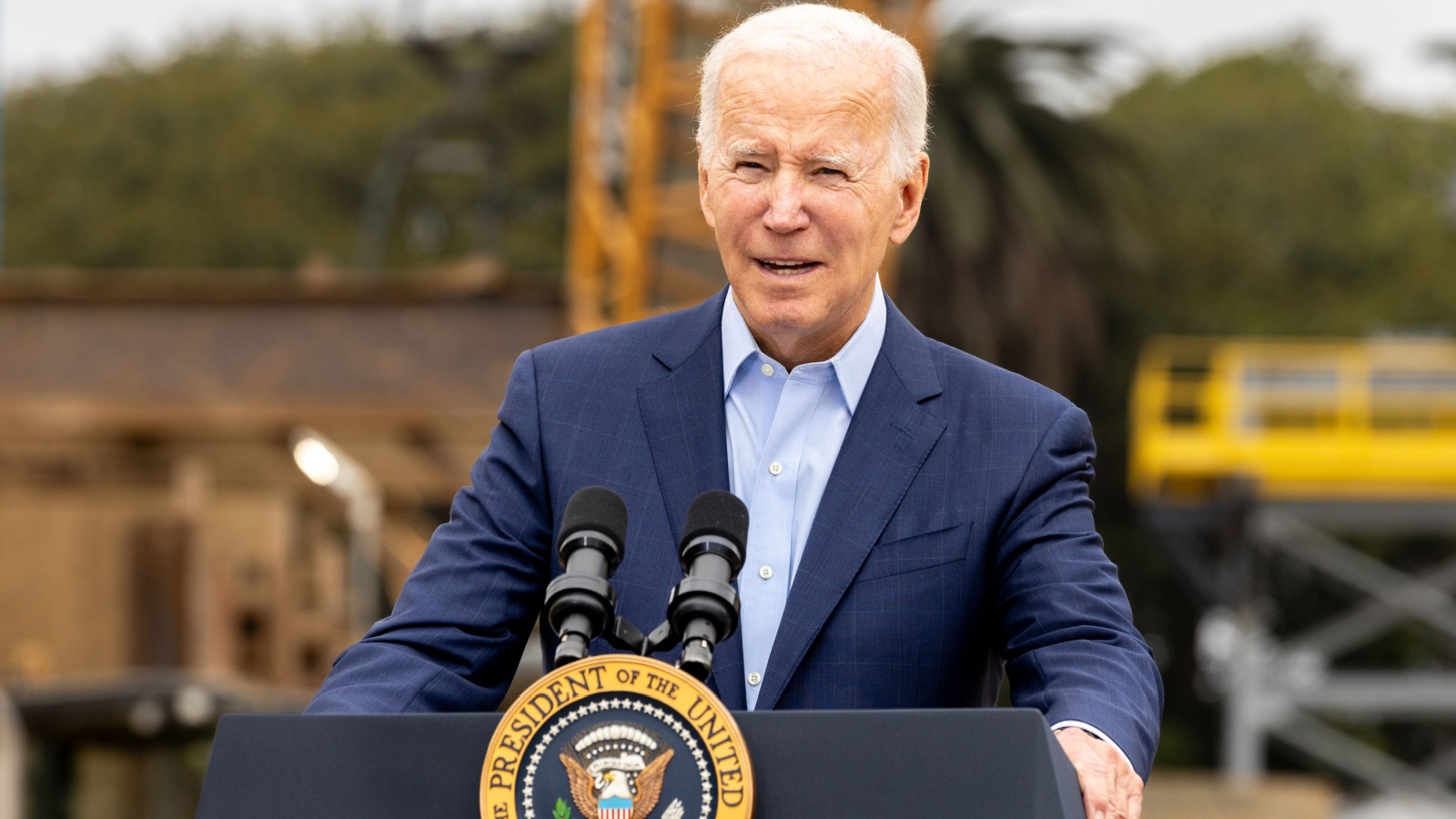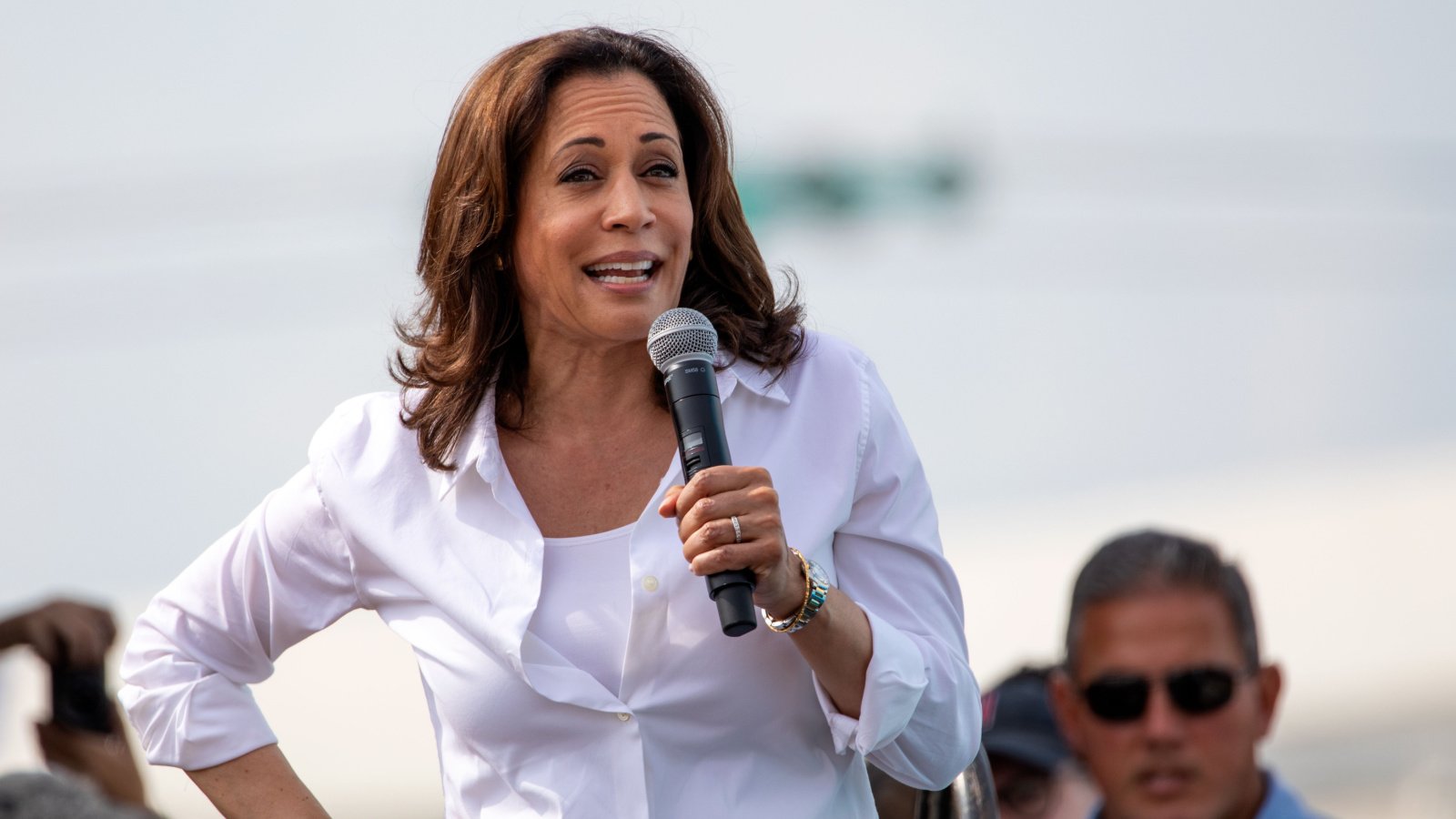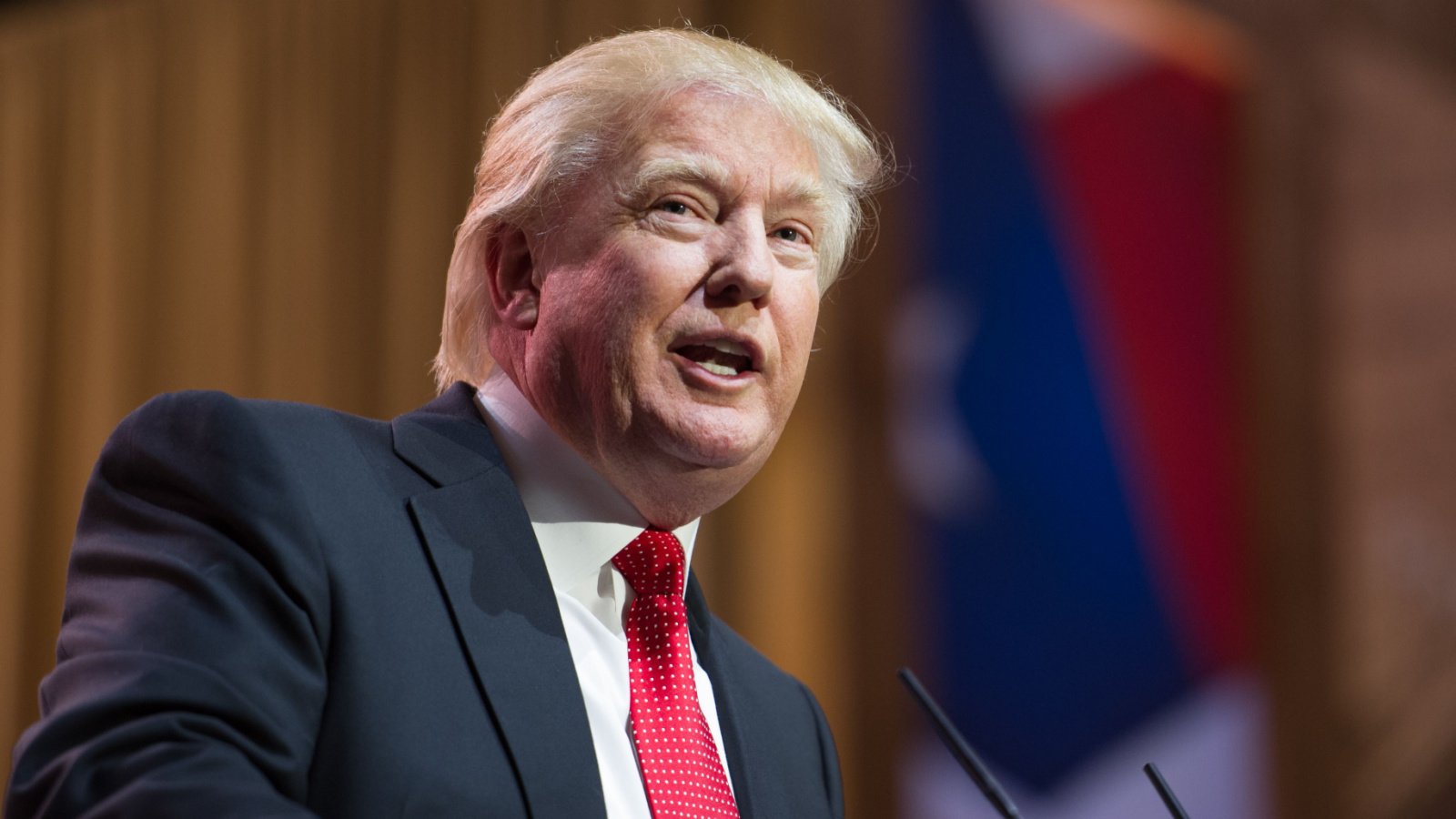After quitting the Presidential race Sunday, President Joe Biden addressed the American people from the Oval Office Wednesday night to discuss the next steps as he transitions to “pass the torch to a new generation.” In announcing his intention not to pursue a second term, Biden endorsed Vice President Kamala Harris to run in his stead.
Rare Oval Office Address
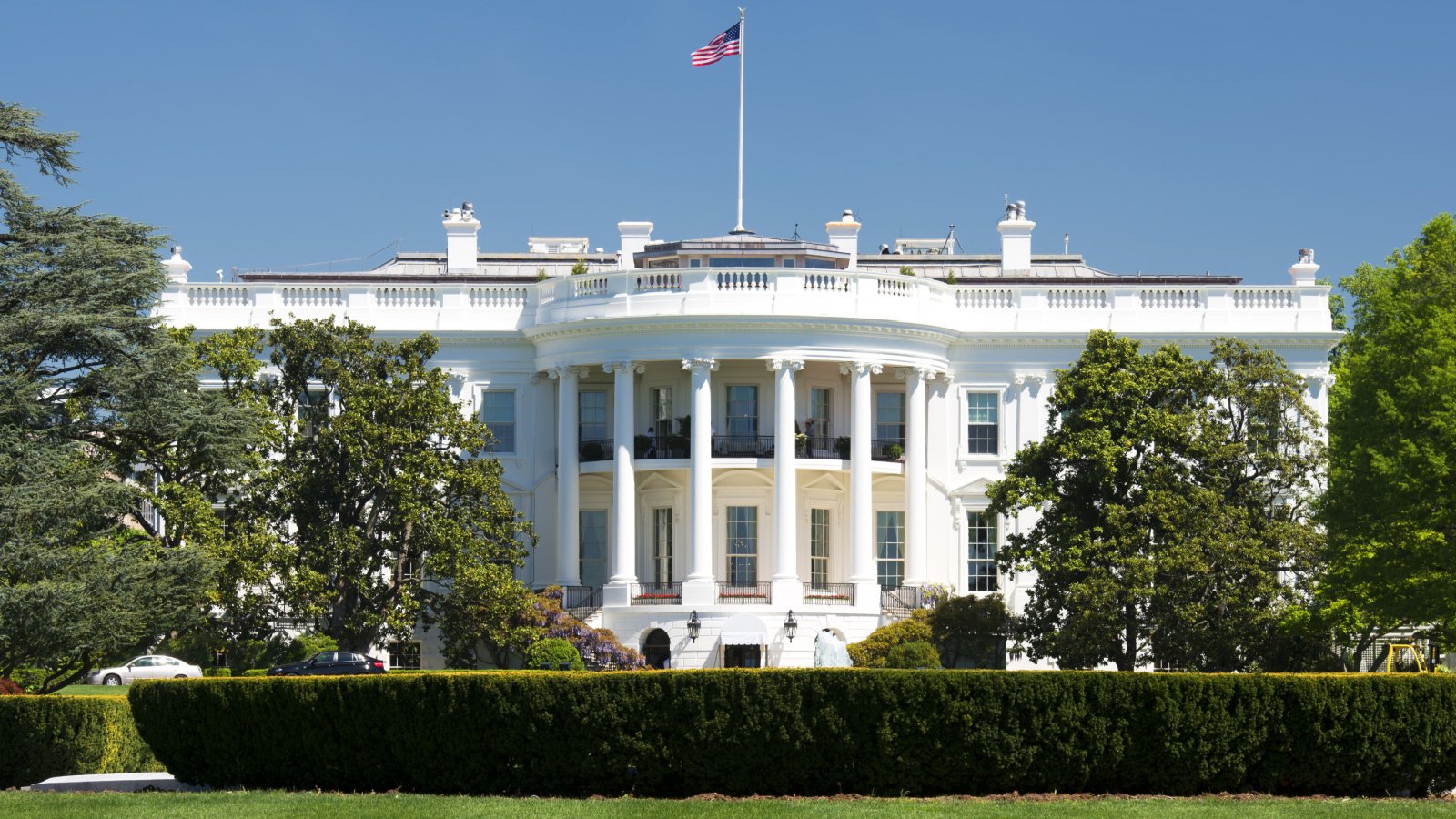
Addresses from the Oval Office are relatively rare for Presidential press conferences and reserved for the most solemn occasions. This was Biden’s fourth Oval Office address. Former President Trump used the Oval Office twice for a televised event, and former President Obama spoke from the Oval Office only thrice in eight years.
Decision for National Unity

Biden used the solemn setting to tell viewers that his decision was based on what he considered the best way to unite the nation in tumultuous and divisive times. He also used the address to detail his priorities in his final six months in office, including ending the Israeli-Hamas war, reforming the Supreme Court, advancing green initiatives, and finding a cure for cancer.
Defense of Democracy
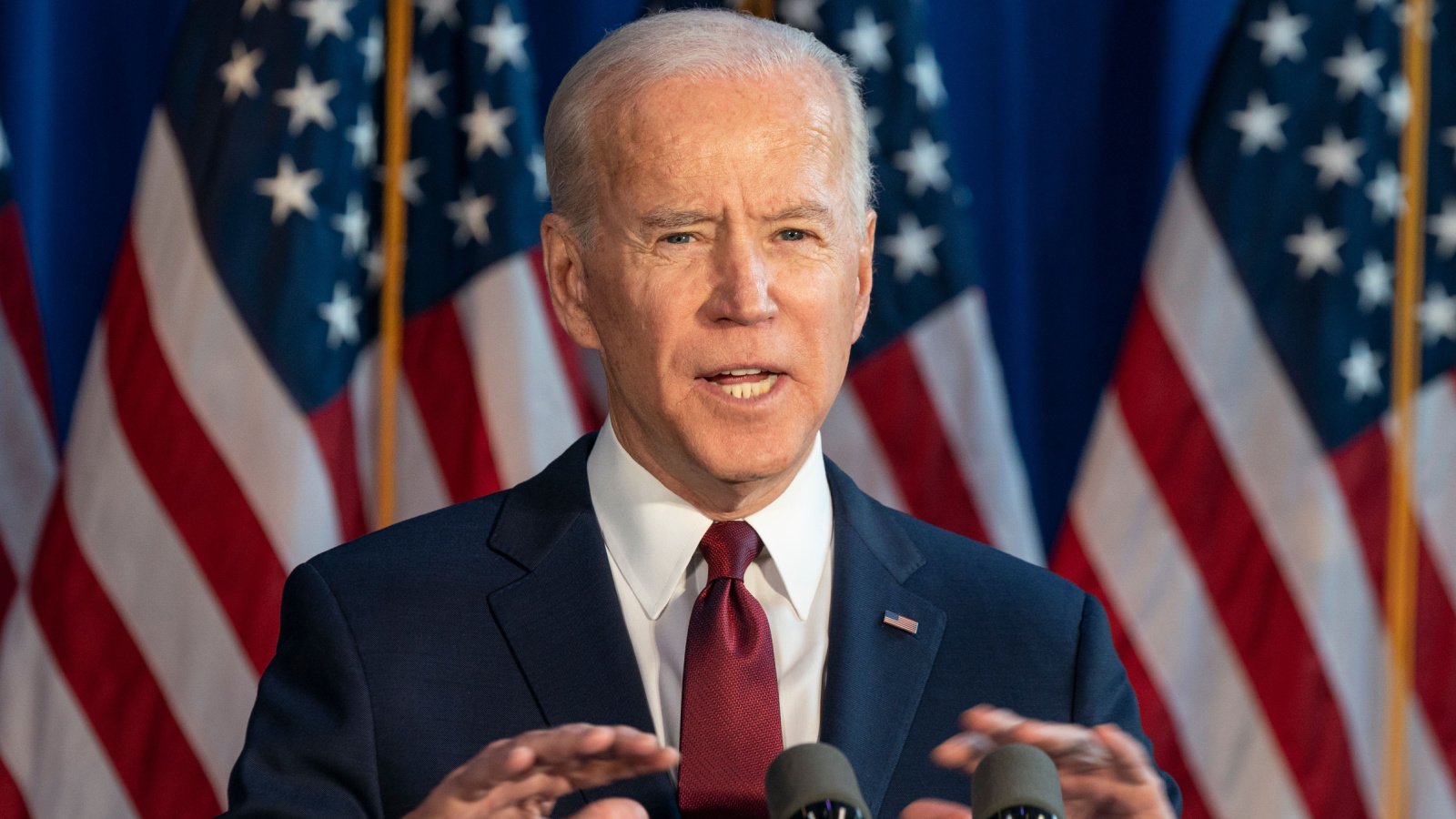
He believed “the defense of democracy is more important than any title.” In doing so, he implicitly asserted that Trump’s election would be equivalent to a defection from democratic ideals. Biden did not speak directly of Trump or use his name, but in past conversations, Biden has suggested that Trump is an existential threat to democracy.
Reflection on His Presidency

Biden’s address read like a plea to look back on his Presidency not in the light of the current moment of his vulnerability but in summation of his 50 years in public office. Biden said, “Nothing can come in the way of saving our democracy. And that includes personal ambition.”
Historical Precedent
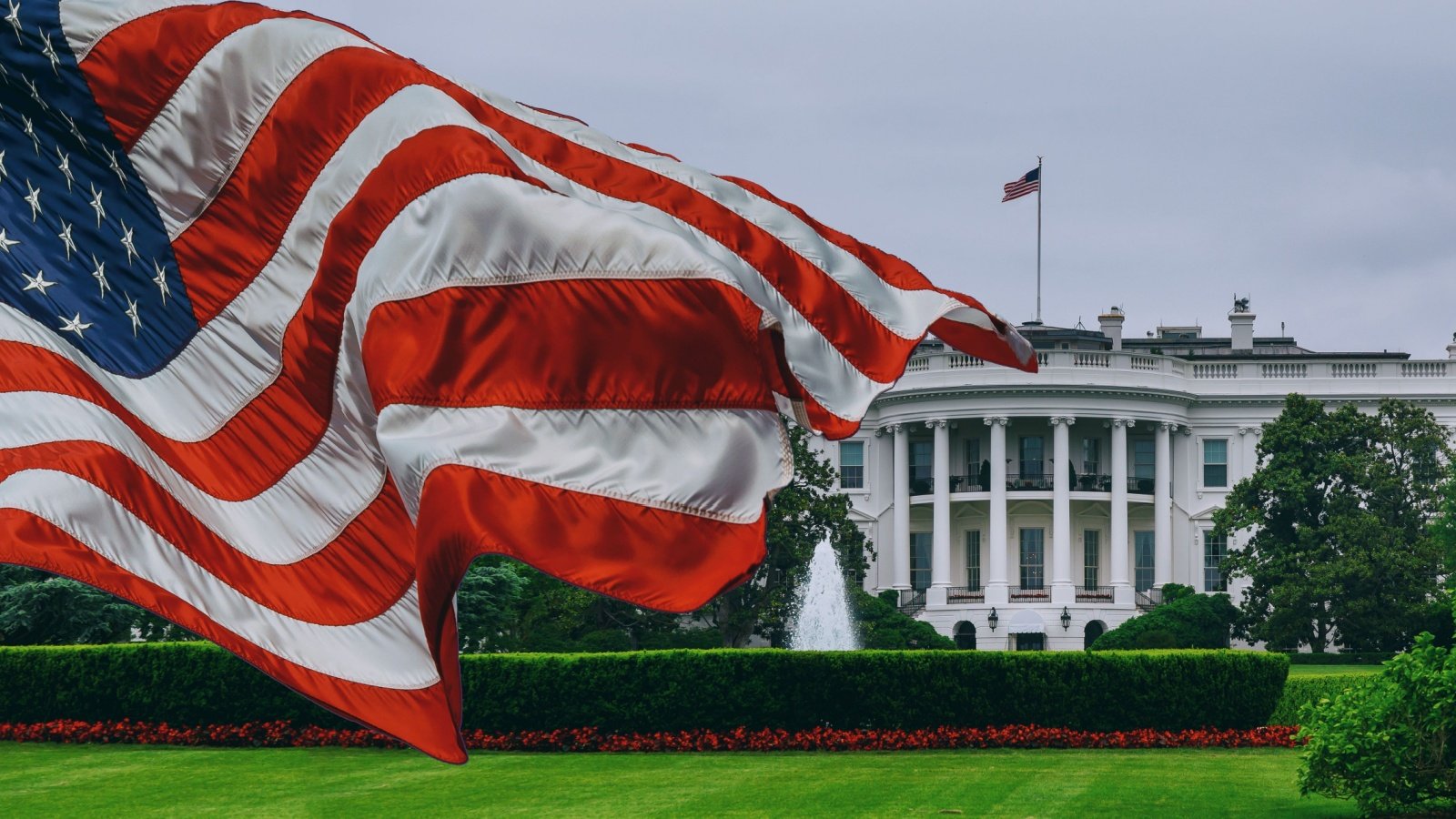
It is rare, historically speaking, for a sitting first-term president to pass on pursuing reelection to a second term. The last time was in 1968 when Lyndon B. Johnson resolved not to run for a second term amidst political and cultural turmoil surrounding U.S. involvement in the Vietnam War.
Health Concerns
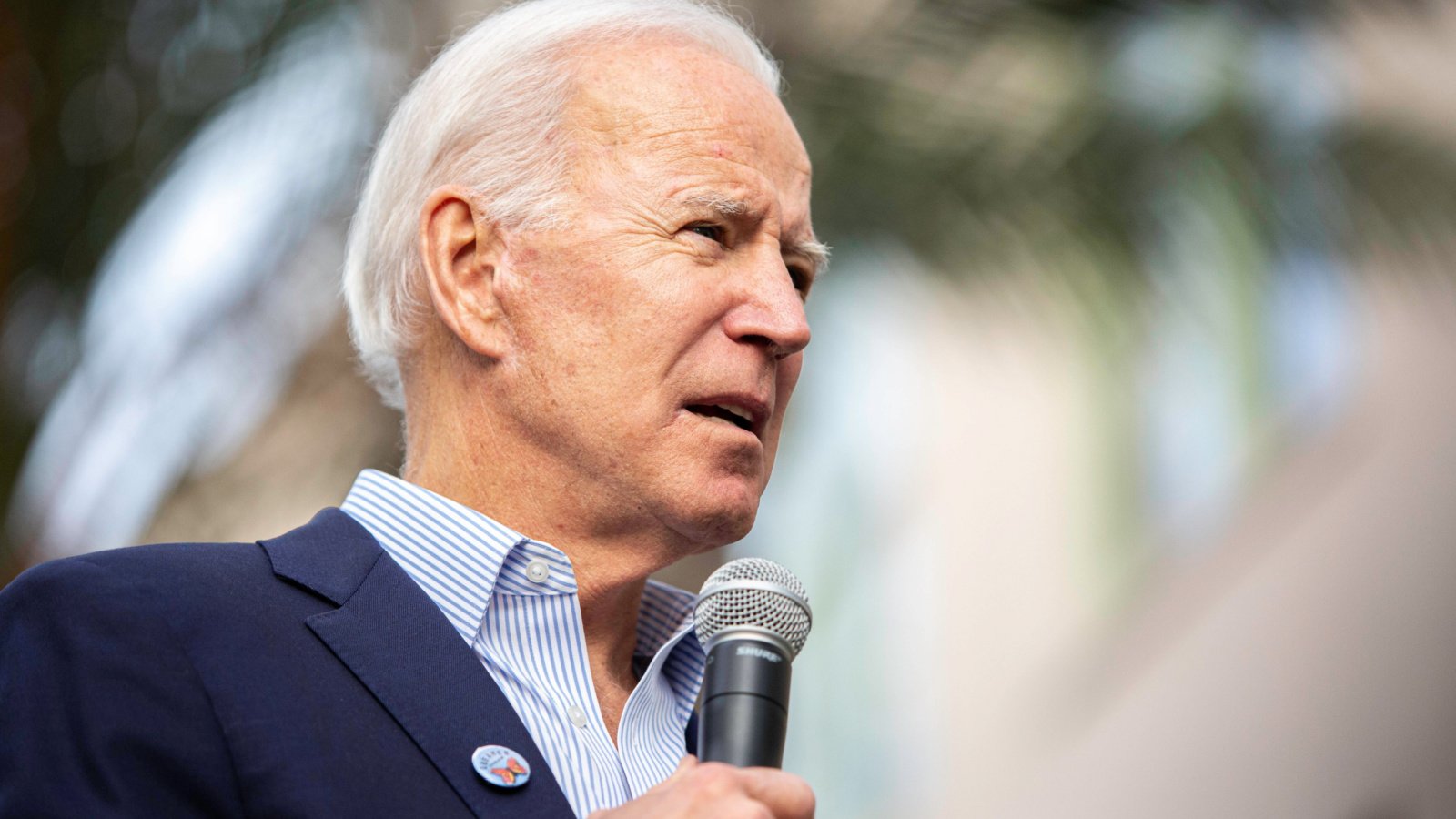
Biden did not address his age or his decline in performance, which brought concern about his candidacy to a fever pitch after the televised first Presidential debate in June. In the real-time event, Biden froze, slurred his speech, lost his train of thought, and appeared aged and feeble.
Previous Indications
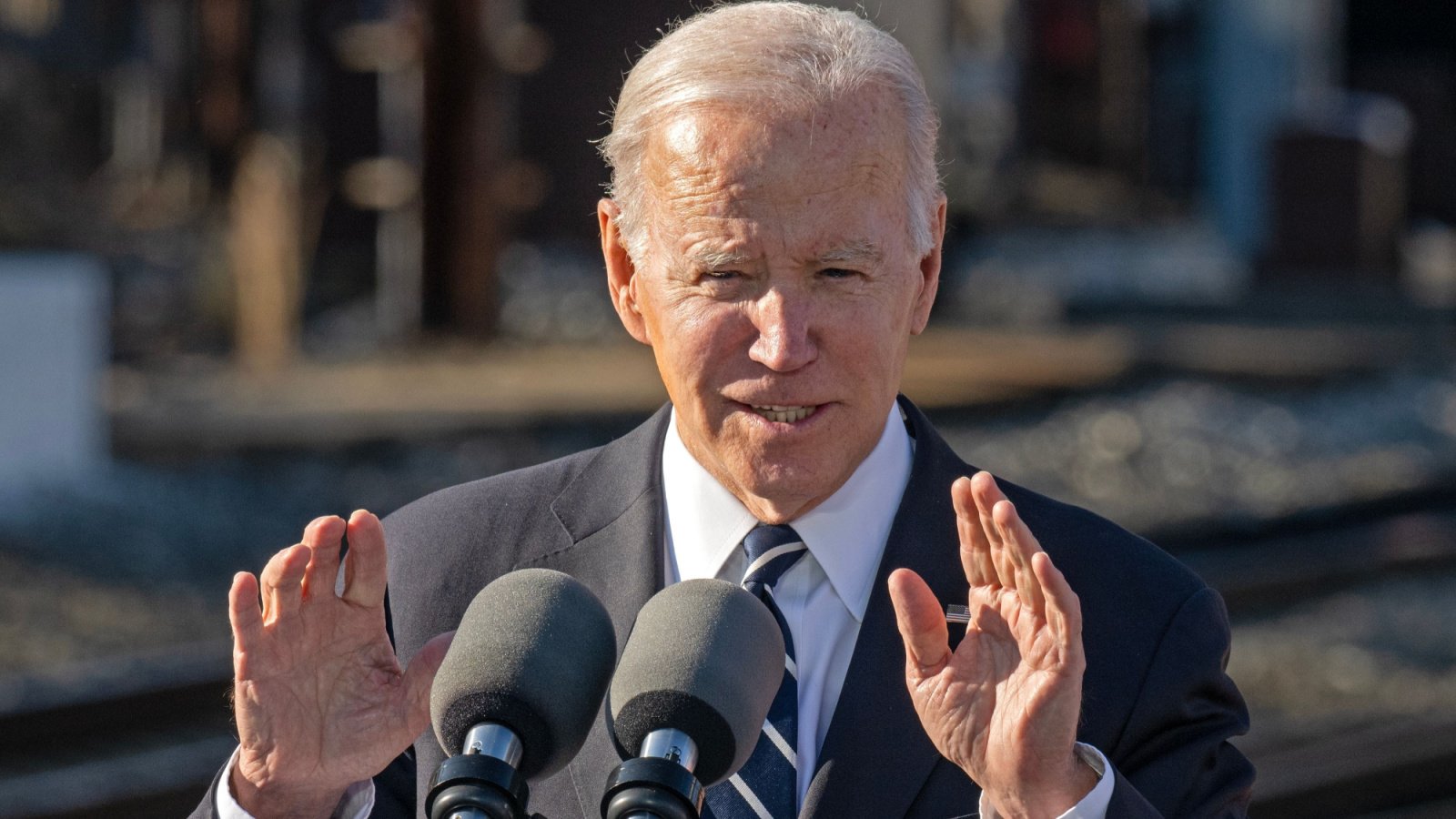
This was not the first indication of Biden’s aging and lack of mental fitness for the office of President and Commander in Chief. A previous DOJ report described the weakened and potentially compromised memory of the president, who the report described as a well-meaning elder with memory issues.
Passing the Torch

Despite initially protesting efforts to get him to back down voluntarily, Biden ultimately stepped aside to “pass the torch to a new generation” of “fresh voices, yes, younger voices.”
Fulfillment of Promise

Commentators claim that handing off the Presidency to future leaders is the fulfillment of Biden’s electoral promise to bridge the gap from the past to the new generation of Democratic leaders.
Future Initiatives
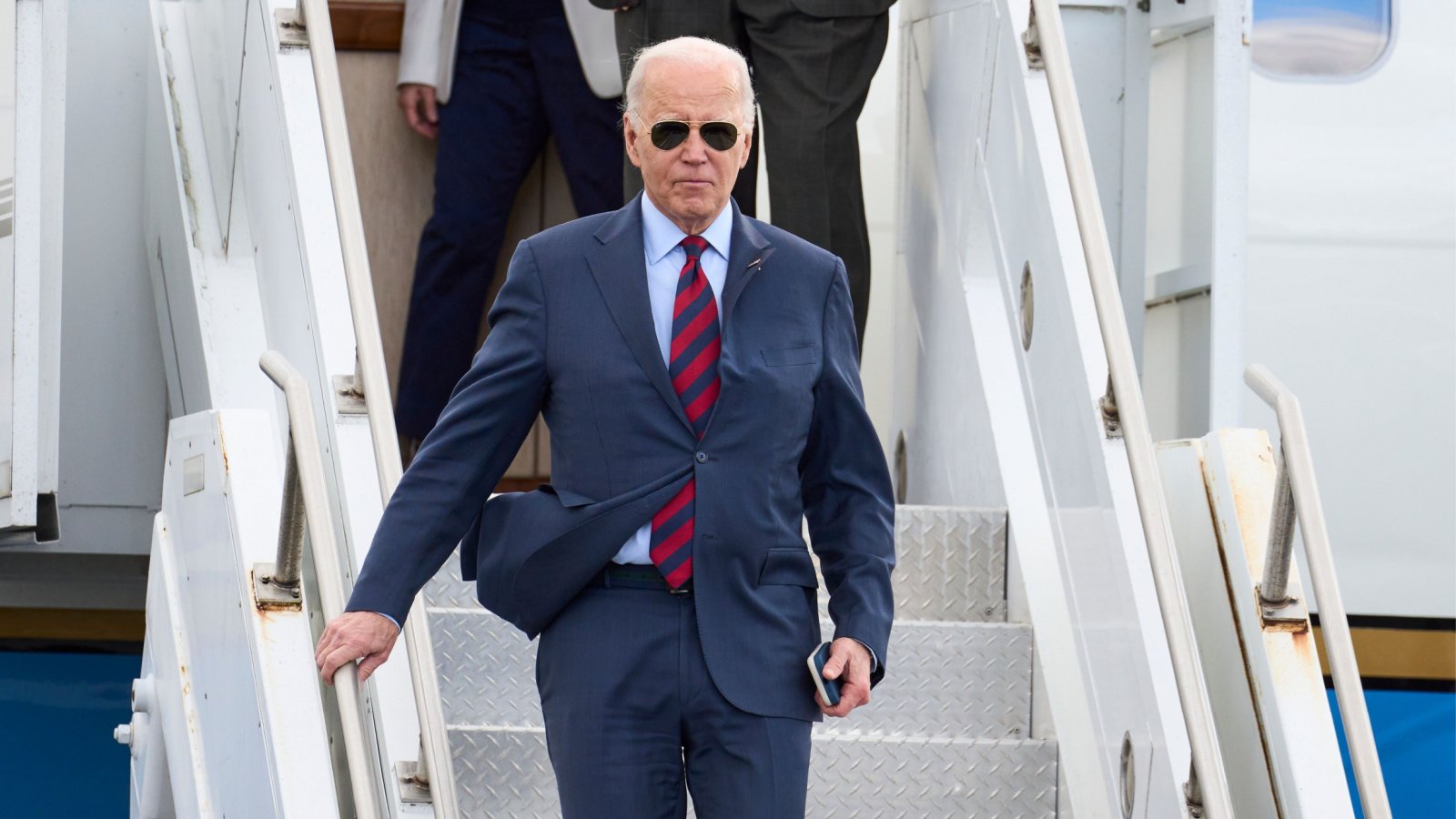
In wrapping up his address, Biden outlined the major initiatives he plans to undertake during his first six months in office.
Commitment to Office

He assured the American public that he intended to continue his term in office through January 20, 2025. On his list of top priorities were ending the Israel-Hamas war, focusing federal efforts on finding a cure for cancer, advancing his climate-change fight, and pushing for Supreme Court reforms.
Support for Harris
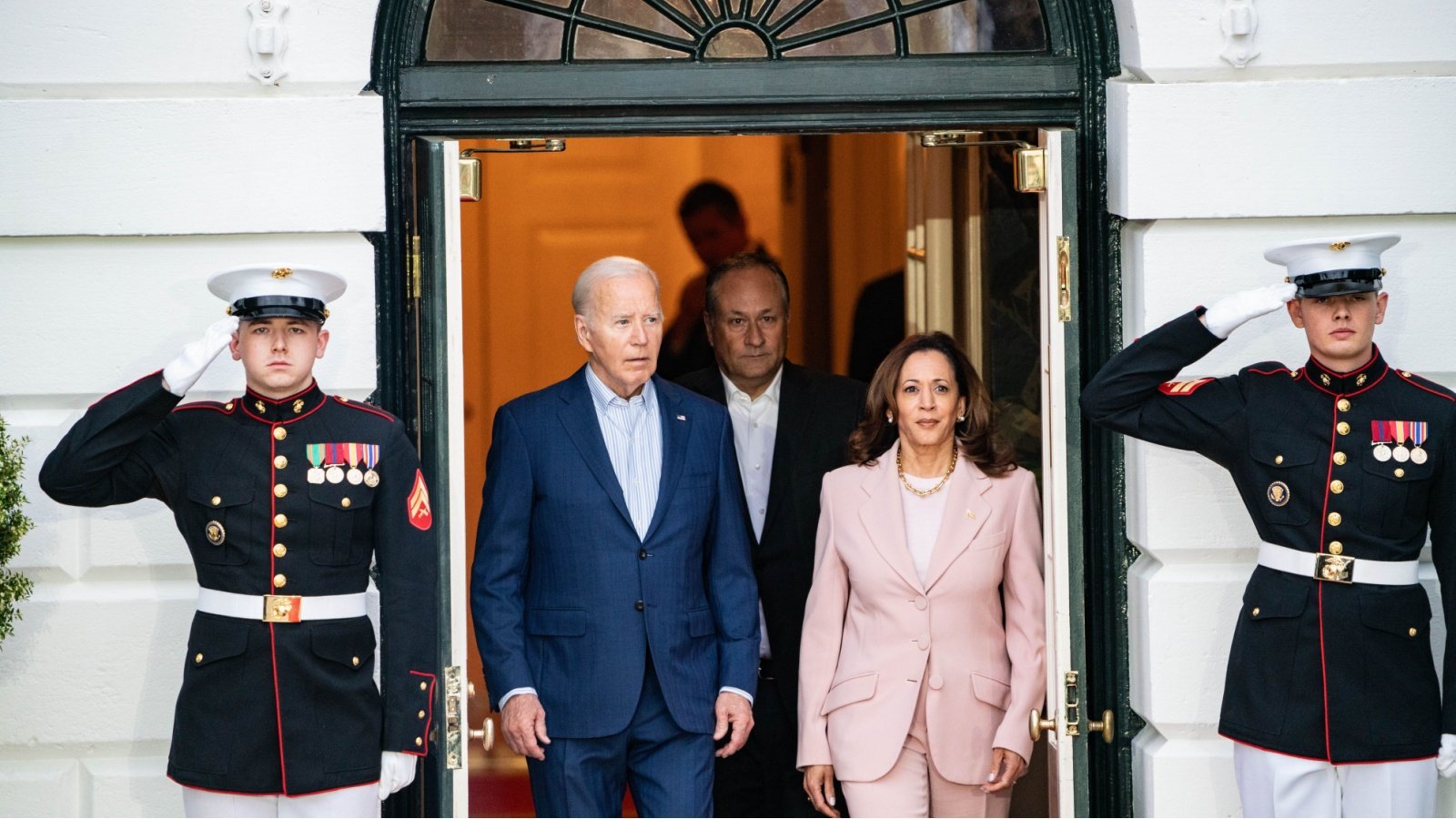
Biden will also likely continue campaigning for Harris and assisting her in fundraising efforts. His focus on his current office will also allow Harris the freedom to campaign more heavily while Biden focuses on his tasks at the White House.
Trump’s Reaction

After watching Biden’s address, Trump took to social media to post that Biden “was barely understandable, and so bad!”



